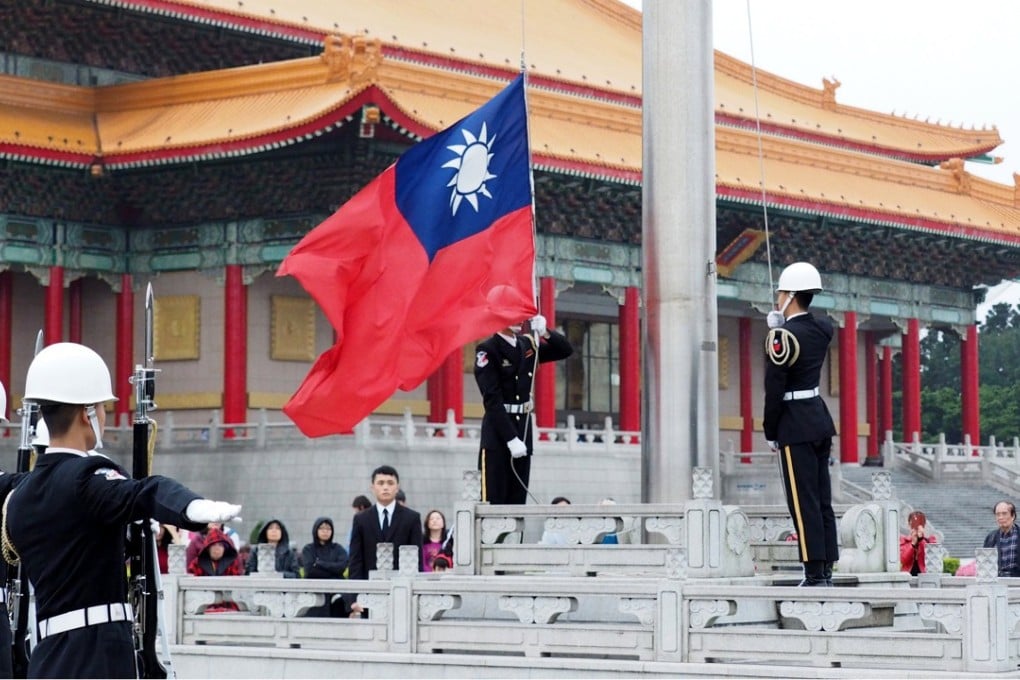Is Beijing planning to take Taiwan back ... by force?
The mainland is refining the tactics that could pave the way for a forcible seizure of the self-ruled island, according to a senior adviser

Beijing is mapping out specific tactics to lure Taiwan into its orbit and possibly pave the way for forcible seizure of the self-ruled island, although there is no timetable for such a drastic move, according to a senior mainland Taiwan affairs adviser.
Li Yihu, dean of Peking University’s Taiwan Studies Institute, said Beijing was reinforcing its “carrot and stick” approach to dealing with Taiwan’s independence forces after passing historic constitutional amendments on Sunday to remove presidential term limits on the mainland.
Beijing has been using economic sweeteners or “carrots” such as offers of better paying jobs, access to bigger markets and equal treatment to lure Taiwanese to the mainland.
Analysts have cautioned that if the sweeteners fail to work, the mainland could bring down its “stick” – moving to forcibly seize the wayward island.
